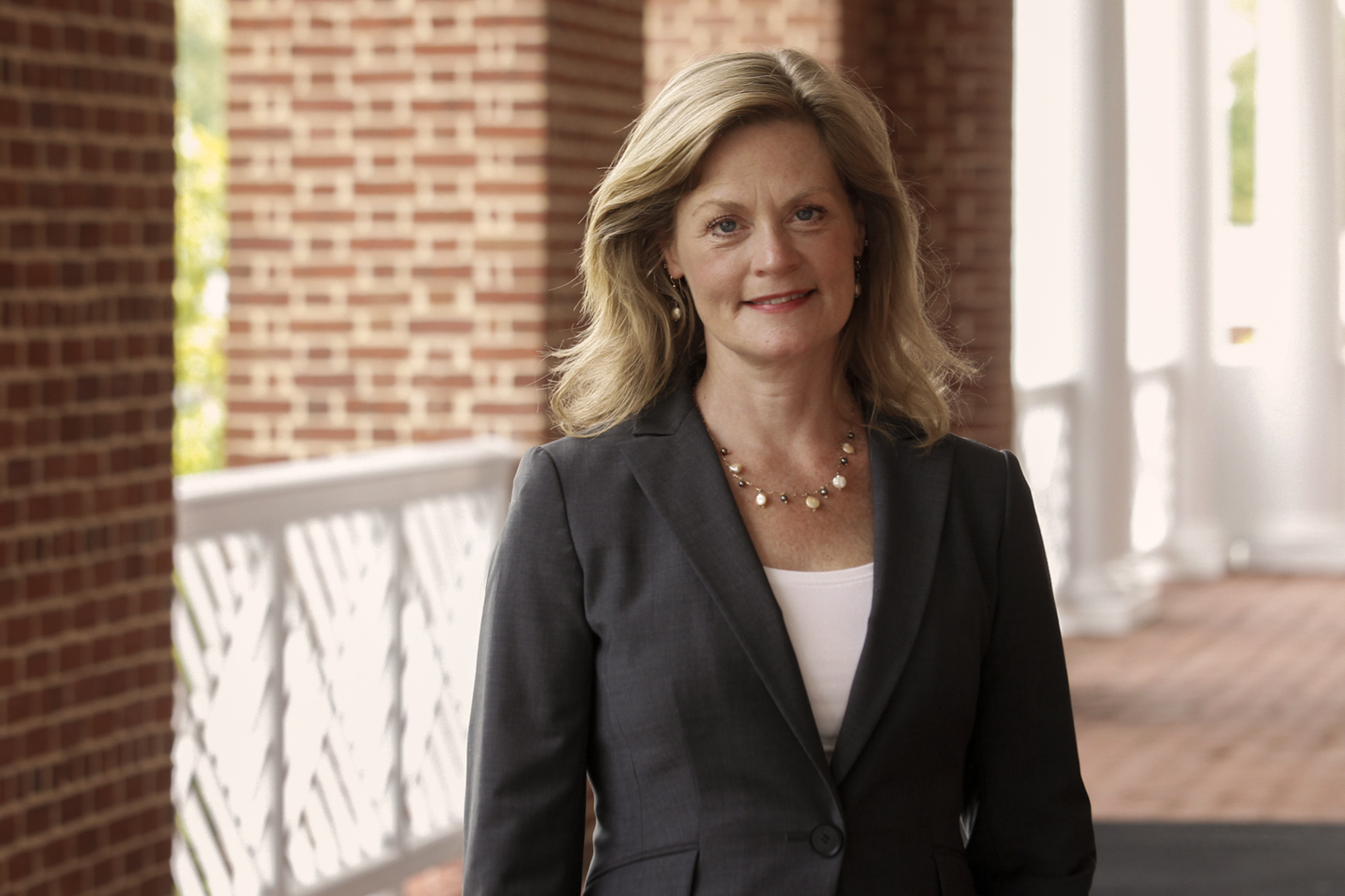Since March 2020, when the World Health Organization declared COVID-19 a pandemic, a series of cascading crises in global health, employment, social justice and political divisions has laid bare for many managers and leaders just how porous the lines between life and work really are. Each wave compounded the next, leaving many workers caught in cycles of uncertainty, anxiety and stress. On a very large scale, this has been a moment of truth for seeing what’s real and choosing to respond with “business as usual” – or with leadership kindness.
“For many leaders I’ve listened to, the relatively sudden impact of the lockdown brought to the fore their awareness of our common humanity,” explained Lili Powell, who holds an uncommon joint appointment at the University of Virginia’s Darden School of Business and School of Nursing.
Here are several tips she has for employers and managers when it comes to navigating this time of great change.
Lead Mindfully
A challenge in any crisis is managing one’s own stress response and reactivity in order to see clearly and choose wisely, said Powell, the Julie Logan Sands Associate Professor of Business Administration and Kluge-Schakat Professor in Nursing, as well as the director of the Compassionate Care Initiative.
Leading mindfully starts with recognizing what is, Powell said. “It’s a courageous commitment to push aside distraction and denial and to stare reality in the face. First recognizing what we see and our experience, we can give perception shape and form by ‘naming it.’
“Pause and see – really see – what others are experiencing. If someone says he or she feels emotional, ask what that may mean for them. And what about you? What are you feeling in this moment? Whatever your answers may be, do yourself a favor and write them down or speak them quietly to yourself.”
Powell’s work has concentrated on building and applying skills of mindfulness, compassion and leadership communication, particularly during high-stakes presentations and interactions. As she wrote in a recent article on leadership with colleague Jeremy Hunter, a leader can make micro-moves in the moment to do both the inner work and the outer work of leading mindfully.
For example, training in mindfulness and compassion outside of critical moments can help build the experiential inner work muscles to notice, shift and respond more mindfully and compassionately in the moment. These inner moves build capacity to then make skillful outer moves, such as naming an elephant in the room, reframing the way to see it and inviting another person to respond in a new way. With practice over time, such moves can become second nature and consequently lead to changes in levels of trust and psychological safety in a team.
For more tips on mindfulness, see Powell’s blog post from early on in the pandemic.
Balance Grit with Grace
As Powell wrote in a chapter for a new book on self-care for student nurses, leading mindfully is about showing up with an optimal balance of grit and grace, in which “grit” represents the focus and determination that mindful practices foster and “grace” represents the calm and kindness that compassion practices foster.
Powell realizes that stereotypically, business leaders have tended to privilege grit over grace. This even shows up in common language used in business that suggests that business is about hard numbers and mental toughness, while the human elements are soft and touchy-feely. “In light of recent crises, leaders I’m working with recognize they need to operate in a more holistic way,” Powell said. “Yet this does not necessarily come naturally to them. And performance metrics and rewards systems in business often valorize toughness over humanity.
“So the burning question is whether the pull toward leadership kindness will be maintained even after the COVID-19 crisis abates – or whether leaders will shift back to ‘business as usual.’”
Consider a More Compassionate ‘Next Normal’
Powell said that the context for leadership has fundamentally shifted and that a “going back to normal” mindset would be a mistake. Instead, she sees the opportunity for defining a “next normal,” during which leaders have a chance to see the shifts that have occurred and intentionally craft a new blend of grit and grace in their own leadership skills repertoire, one that fits the new and evolving circumstances.
“Compassion is a skill – one that individuals can cultivate in themselves, and it can be baked into organizations,” Powell said. According to Monica Worline and Jane Dutton’s book, “Awakening Compassion at Work,” compassion can be baked into organizations through rituals, routines, structures and systems. Fundamentally, the authors make a case for growing compassion as a competitive advantage that improves a number of measures, such as employees’ sense of psychological safety and trust, that translate into reduced levels of burnout, error and turnover, and increased levels of productivity, creativity and innovation.
“The real promise of leadership kindness comes from understanding that compassion, or the lack thereof, isn’t just something that’s interpersonal, but structural and systemic,” explained Powell.
“If we can accept that racism is systemic and institutionalized, it stands to reason that justice and kindness can also be systematized. But the challenge in the short term will be to help individuals see the benefits interpersonally so they can build the capacity to mold teams and organizations that can follow suit in an authentic way.”











